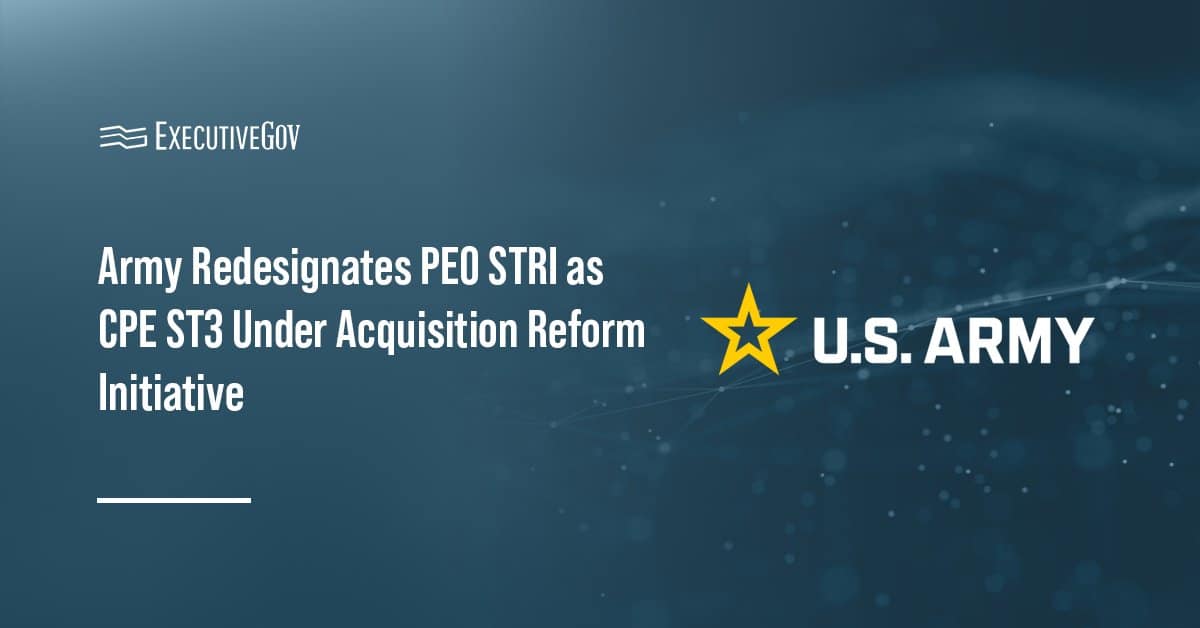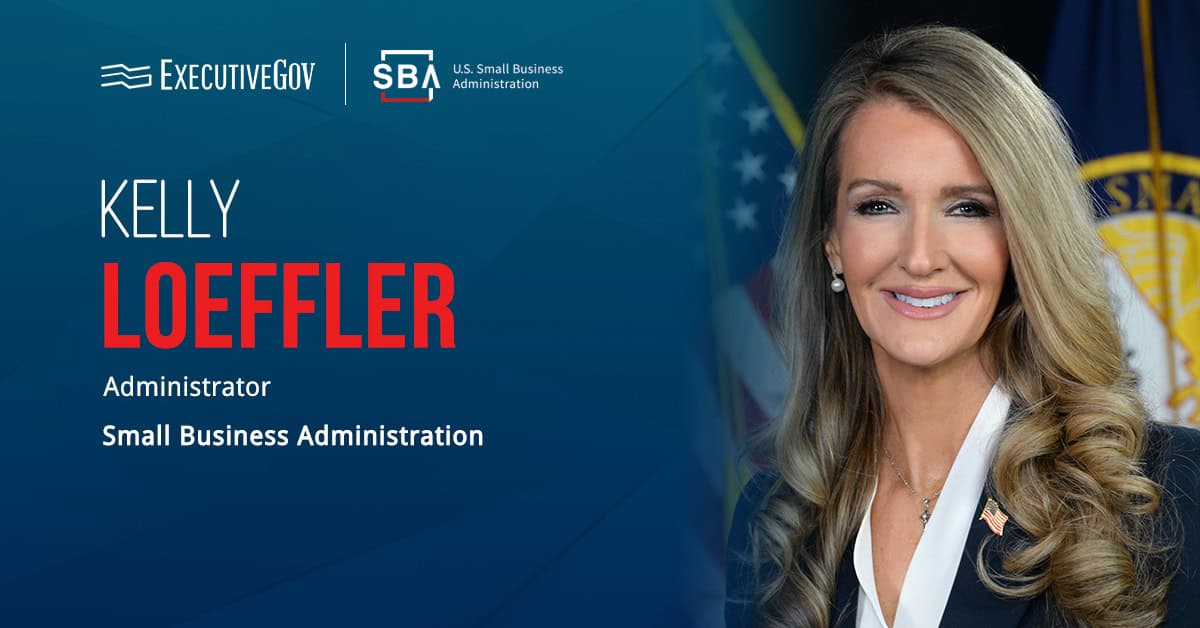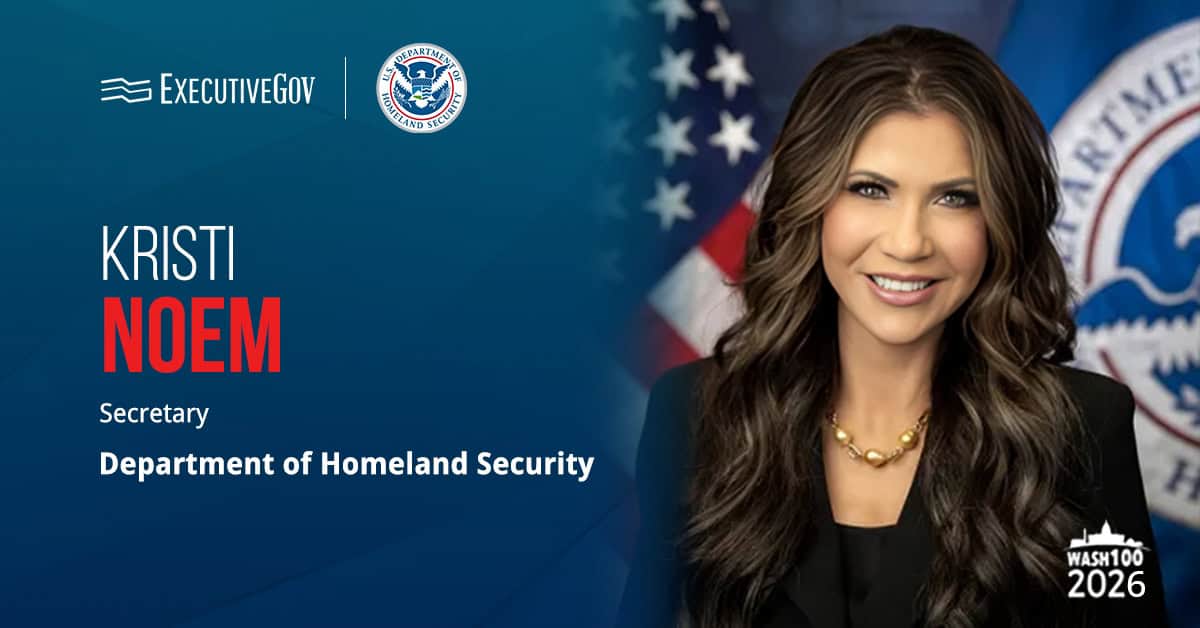Congress prevented a debt default by approving a measure that would increase the debt ceiling by $2.5 trillion, CNBC reported Wednesday. The House voted 221-209 early Wednesday to pass the measure.
The lower chamber’s decision came hours after the Senate approved the bill in a 50-49 vote. Senate leadership reached a deal on the debt ceiling, allowing lawmakers to raise the borrowing limit without requiring 60 votes to clear a filibuster, according to a report by Vox.
Senate Majority Leader Chuck Schumer, D-N.Y., said the legislation will raise the borrowing cap “to a level commensurate with funding necessary to get into 2023.”
Increasing the debt ceiling will allow the Department of the Treasury to continue to pay off the government’s bills.





